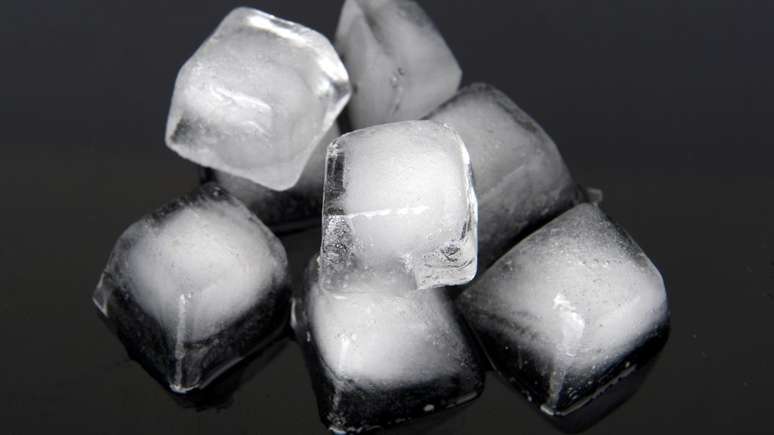The expert explains why chewing ice should not be an alternative to keeping calm and gives other advice on habits to avoid
In recent months in Brazil the definition of “hot” has been practically redefined and, as a result, people are looking for different ways to cool down. And when drinking cold water, wearing cool clothes and turning on the fan doesn’t seem like enough, an option that seems good, but isn’t, is gnawing ice stones.
The habit may seem harmless, however it is harmful to your dental health. This is because ice is incredibly hard and can cause damage, such as severe cracks and fractures, according to Dr. José Todescan Júnior, a specialist in dental prosthetics, pediatric dentistry and endodontics.
“When exposed to extreme temperatures, such as when chewing ice after drinking cold beverages, teeth are prone to cracking. Ice, due to its rigid nature, can exert excessive pressure, causing microscopic cracks that, over time, can turn into visible cracks, cracks and even partial or total breaking of a tooth,” he explains.
The specialist, a member of the Brazilian Society of Aesthetic Dentistry, warns that even small fragments cause impacts. “Tooth enamel can weaken if repeatedly exposed to this type of tension, increasing the chance of structural damage. Fractured teeth can cause discomfort, increased sensitivity and sharp pain when chewing,” he reveals.
Other habits that damage your teeth
Chewing ice is not the only habit that is part of many people’s daily lives, but it is harmful to teeth. See some others below:
- Smoke: Toxins in cigarettes can penetrate oral tissues, causing darkening of tooth enamel. This causes several problems, including tooth loss and mouth cancer.
- Biting your nails: Because nails are hard, it takes a lot of effort with your teeth to cut them. Biting your nails causes overload and damage, as well as wearing down or even cracking your tooth enamel.
- Excessive consumption of alcoholic beverages: These drinks seem refreshing at the moment, but they dry out the oral mucosa and reduce the flow of saliva. Various problems arise, such as demineralization of tooth enamel and, in the long term, mouth cancer.
- Using a worn toothbrush: Not surprisingly, the recommendation is to change your toothbrush every three months. When this item wears out, it no longer cleans every corner of your teeth as well. The friction caused by worn bristles also causes sensitivity and damage to the gums.
Source: Terra
Ben Stock is a lifestyle journalist and author at Gossipify. He writes about topics such as health, wellness, travel, food and home decor. He provides practical advice and inspiration to improve well-being, keeps readers up to date with latest lifestyle news and trends, known for his engaging writing style, in-depth analysis and unique perspectives.









